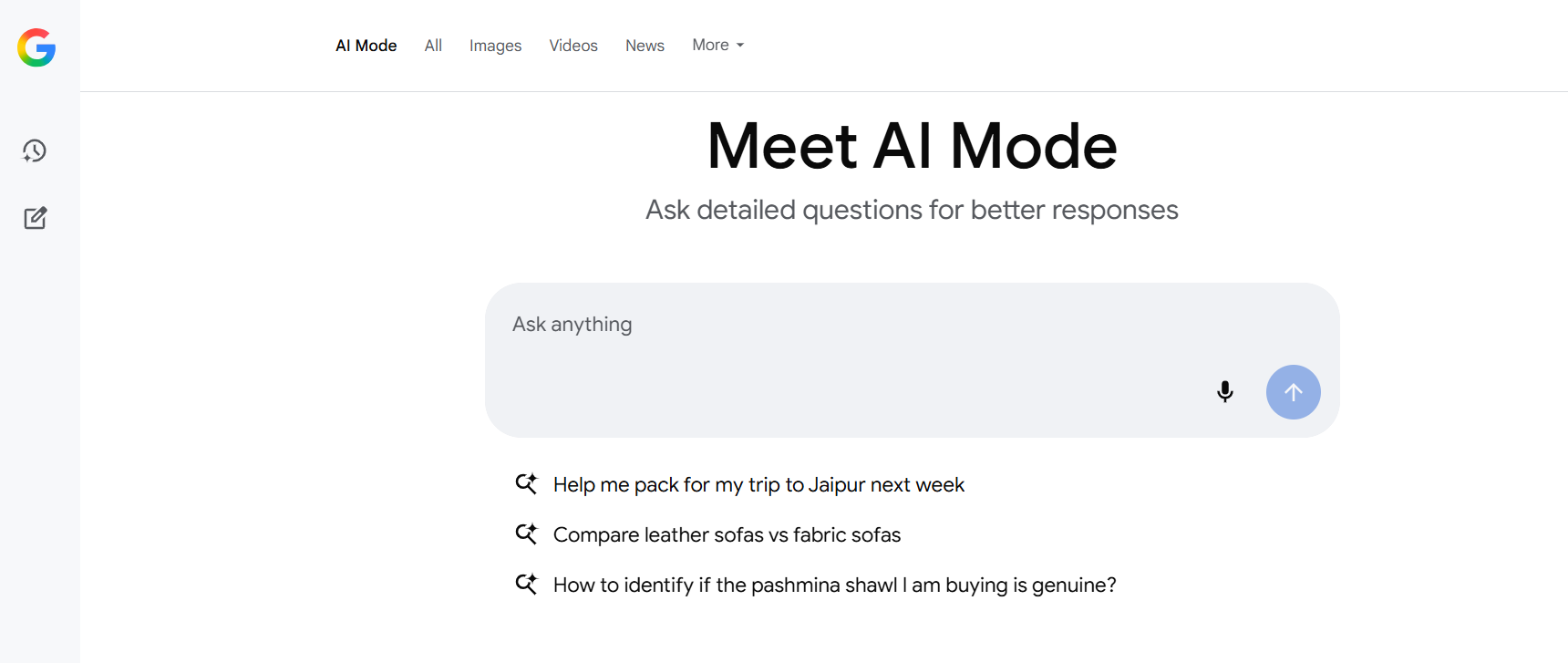Blockchain technology has far evolved from the time of Bitcoin and is pretty much threatening to disrupt most of the banking businesses that are existing today. Blockchain has stepped into our lives from healthcare to banking and many more such businesses. Cybersecurity is a technology that has impacted many lives in different sectors and will continue to do so. Alex Momot makes an important observation when he relates the security of Blockchain as a technology to the lack of human intervention. By removing the human element from data storage and transfer, there will be fewer chances of data breaches. His statement comes across as both philosophical as well as pragmatic.
For those of us who do not know what blockchain technology is, in very simple terms, it is a decentralized ledger system that can record multiple transactions across multiple computers. The main reason for the popularity of this type of recording is, that it can be used for any digital asset or transaction, irrespective of the industry or the sector. Blockchain technology, in this case, is very secure because this very feature can prevent any kind of data breaches, identity thefts, or any other foul play courtesy hackers, into the system. How does blockchain technology do this? Let us discuss some of the ways in which Blockchain technology can help prevent cybersecurity attacks.
Keeping your Data protected against Manipulation and Fraud
This will seem like a familiar word for those well-versed in Blockchain technology- immutability. Immutability is the ability of Blockchain technology to keep the data that you have stored on the platform, unchanged. Since each piece of information that you enter, whether it is data or a transaction is measured as a block and each block is stored using a cryptographic principle or a hash value, this makes it virtually impossible for hackers to gain access to this data.
For IT and IoT-enabled businesses, this is particularly useful in the form of protected edge computing. Protected edge computing can become difficult for CISO’s, CIO’s, and more elaborate businesses, however, in this particular regard, Blockchain technology can provide the answer. It can build a better degree of authentication, enhanced data attribution, and extensive record management.
Theft Security
Blockchain technology isn’t considered a nightmare by hackers for no reason at all. It plays its rule to the fullest, owing to its decentralized nature. The decentralized nature of blockchain technology makes it nearly impossible for hackers to enter this space. This is pure because the data is stored as bits and blocks in so many different computers, that a hacker would have to hack into multiple computers at the same time, to be able to compromise the network. If there are a million computers that are storing bits of data, that would imply that the hacker would have to hack into all the computers storing those bits of data, in order to be successful. Moreover, it is extremely difficult to hack into one computer using blockchain technology, let alone multiple computers at the same time. This level of protection that Blockchain technology provides, is primarily the reason why businesses are looking to implement it within their businesses.
Preventing Distributed Denial of Service Attacks
For those of us not well-acquainted with what DDoS is, in computing terms, it is a malicious attempt, in other words, a cyber attack in which the perpetrator makes an attempt to make a machine or a targeted network unavailable to its users by disrupting the services that are connected to a particular server. This is usually done by overburdening the targeted server with internet traffic. DDoS attacks have become quite wide-spread and are now becoming an important concern for a lot of businesses. One way in which blockchain technology can potentially eliminate this threat, is again, courtesy of its decentralized nature. DDoS attacks rely on a centralized server and because blockchain technology is decentralized, DDoS does not get a single point of attack, as a result of which, it can work well against a system encrypted with blockchain technology.
If we are to go into the details and the specifics of the kinds of security that blockchain can provide, we would have to cover the following:
Data Integrity
Since the purpose of blockchain technology was built keeping in mind public distribution and autonomy of control, it was initially created without any access controls. However, with time, the technology in itself has evolved as it started providing access to multiple industries and is now in a position to provide data confidentiality as well as access control. The complete encryption of the technology allows for no part of the technology to become accessible to any wrongful person or organization.
Private Messaging
With a lot of people and organizations now looking to secure their private message and social media interactions, blockchain technology is becoming increasingly popular. They are looking to secure the data from these platforms and make their information impenetrable to any kind of malicious attack. With data privacy becoming even more important a concern and with the advent of applications that are encrypted, blockchain technology is now becoming an important choice for a lot of businesses, worldwide.
Enhanced Public Key Infrastructure
PKI is a platform that keeps applications, email, websites, and other known forms of communication secure. However, one of the major drawbacks of this service is, that it relies on third-party servers or certification to revoke or store key pairs of data. These third-party certification authorities then become an easy target for hackers trying to penetrate encrypted and valuable information. Similarly, when data is published on a blockchain platform, there is absolutely no scope for any such activity to take place, as there is no chance to leave a false key generation or a duping of identity, as the applications are created in such a way where they verify the identity of the person that you are communicating with.
Domain Name System (DNS)
DNS has historically been the system that has the potential to bring down large platforms such as Twitter, PayPal, and other services. If were to apply blockchain technology, this would drastically limit the scope of such activities to happen, because it removes the one single target that is needed in order for the hacking to be successful. Because there isn’t one target and multiple targets and multiple keys of data, it becomes extremely tedious and virtually impossible for a system compromise.
The future of Blockchain Technology
Since Blockchain technology has been around for a while and several businesses worldwide are in a position to be able to implement this system as a key aspect of their business, it then becomes important to discuss what the future of this technology is. It has been predicted that by 2030, most governments would have adopted some form of crypto-currency. In that time period, it would also have become possible for a cross-border, blockchain-based sovereign identity that will emerge for individuals as well as the storage of physical and digital assets and transactions. Just the same way Email revolutionized the internet, Blockchain technology can be hailed as the system that revolutionizes identity solutions. Identity systems, as we know today, have a major problem and that is the fact that they are operating in silos and as a result, are insecure.
By providing a single source of authentication and identity verification, these systems will become a solution to these problems. According to several data sources, it has been said that a huge percentage of the global population (roughly 1.5 billion) lack proof of identity. If we are looking at the added benefits of blockchain technology, then this platform can become a way of providing secure identity verification and proof for this part of the population and the legal ways to obtain this proof of documentation. This identity platform, because it will be hosted on a distributed, decentralized ledger system, will be secure and reliable because it will not be in the hands of a single authority system. The decision to disclose our identity or not will be at the individual’s discretion and not in the hands of any single authority.
Furthermore, a blockchain platform has the capacity to be able to store both physical as well as virtual assets. There are predicted to be more than 20 billion IoT devices by 2020. Whether it is a fridge in your kitchen or an airplane engine, it is important to accept the all-pervasive nature of these technologies. IoT devices are of course connected to the internet, by their very nature and they collect, store, and transport unique points of data. In the same way, virtual assets would also have a unique identity on the blockchain.
In conclusion, Blockchain has several positive implications for both individuals and businesses and with data privacy and the decentralization of information, it should become important for both individuals and businesses to be in a position of autonomy and control. With more and more amounts of data being collected, stored, and exchanged, it is all the more necessary to look at protection and authentication as an important corner-stone of this evolution.

 Web and Full Stack
Web and Full Stack CMS and Frameworks
CMS and Frameworks Online Marketing
Online Marketing Cloud Services
Cloud Services ECommerce
ECommerce Mobile
Mobile



